The problem with a later school start time
Senior Karen Potts takes a nap during lunch.
Sleep. It’s something all of us need, but none of us seem to get enough of. If you ask a high schooler if they think school should start later, they will almost always say, “of course!” While the idea of sleeping in a few minutes later may sound appealing, a later school start time would not be helpful to students.
First of all, a later start time would mean a later end time. This would lead to limited hours dedicated to homework or after-school activities. With school ending at 2:30 p.m., students have plenty of time to get home, take a nap, get a snack, do a bit of homework and do an extracurricular activity. If school ended an hour or even half an hour later, a 2-hour sports practice or club event starting immediately after school would mean that students wouldn’t get back home until 5 or 5:30 p.m.. In effect, leaving them with less time to do homework, forcing them to stay up late to complete it, rendering the later start time useless.
Also, the main reason that students are pushing for a later start time is so that they can get a few extra minutes of sleep in the morning. But in reality, how helpful are just a few extra minutes of sleep? The main reason that students are so tired and exhausted during the school day is that they aren’t going to bed early enough. According to the CDC, teenagers need 8-10 hours of sleep every night, but most don’t even get close to that much.
Many students stay up until past 11 p.m., either on their phones or finishing homework. While students do receive a lot of homework, a simple change in routine would help students get to bed earlier and avoid daytime sleepiness. By working on homework in the early afternoon, rather than taking a nap and postponing it until the late evening, students can get to bed sooner and feel more refreshed in the morning.
Finally, a later start time would be logistically harder for the county. School bus drivers pick up and drop off high school students, then middle schoolers and lastly elementary schoolers. There wouldn’t be enough school buses to do two pick-ups at the same time, so if school started later, then we would have to switch start and end times with either middle or elementary school. This change would most likely result in more pushback, as elementary schoolers would need after-school supervision, and middle schoolers would be just as frustrated with early start times.
So, the only logical choice that high schoolers have is to accept a 7:45 school start time and work toward adapting our bodies to be less tired during school. I would recommend that any students dealing with extreme tiredness during school reassess their daily routine and find ways to get more sleep at night, so they can be more rejuvenated for the next day.
Your donation will support the student journalists of Thomas S. Wootton High School. Your contribution will allow us to purchase equipment and cover our annual website hosting costs.
Kate is a 2024 graduate.


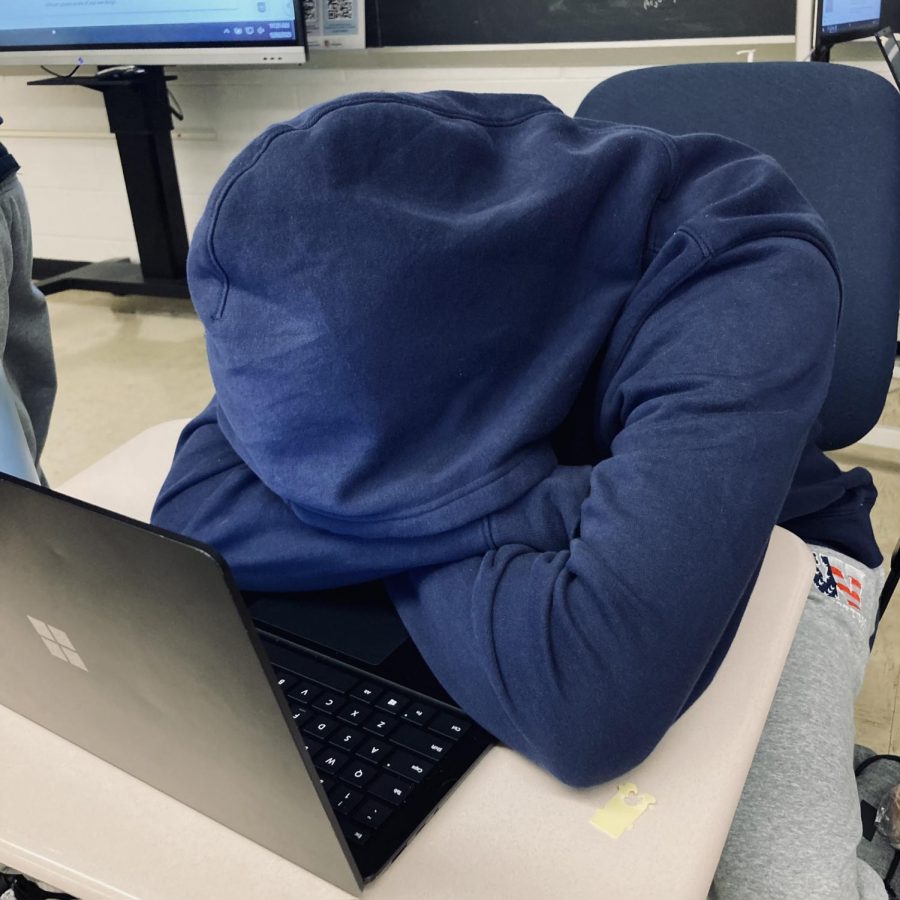
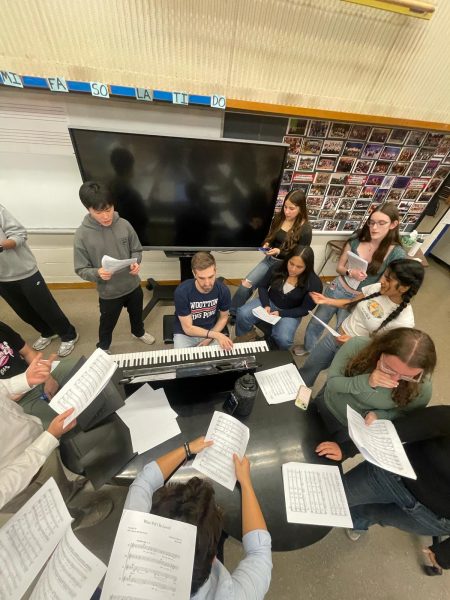
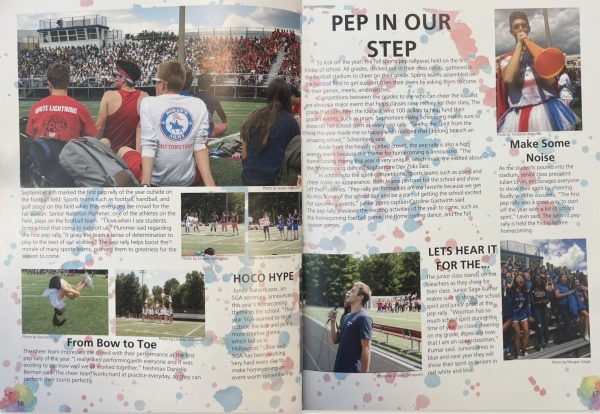
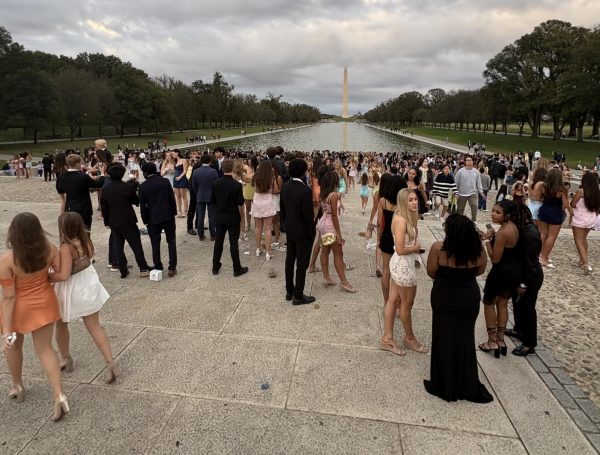
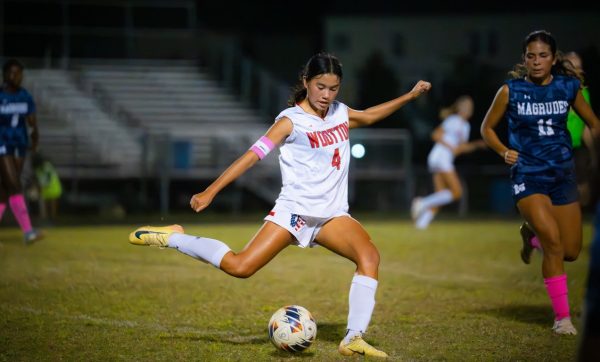
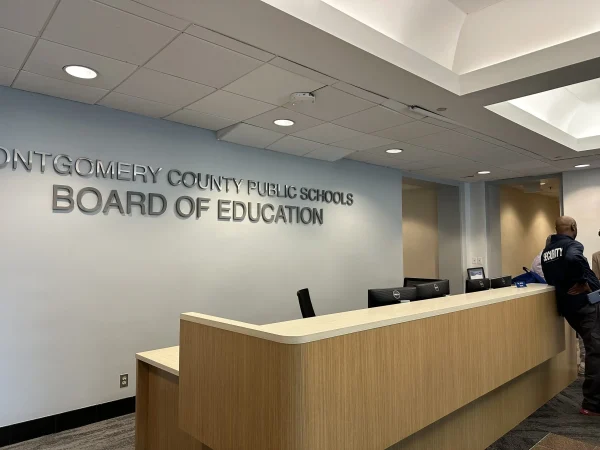
Mark Niles • Jan 31, 2024 at 8:04 PM
None your theories are based on data. Earlier start times lead to higher rates of depression, anxiety, suicide and poor performance.